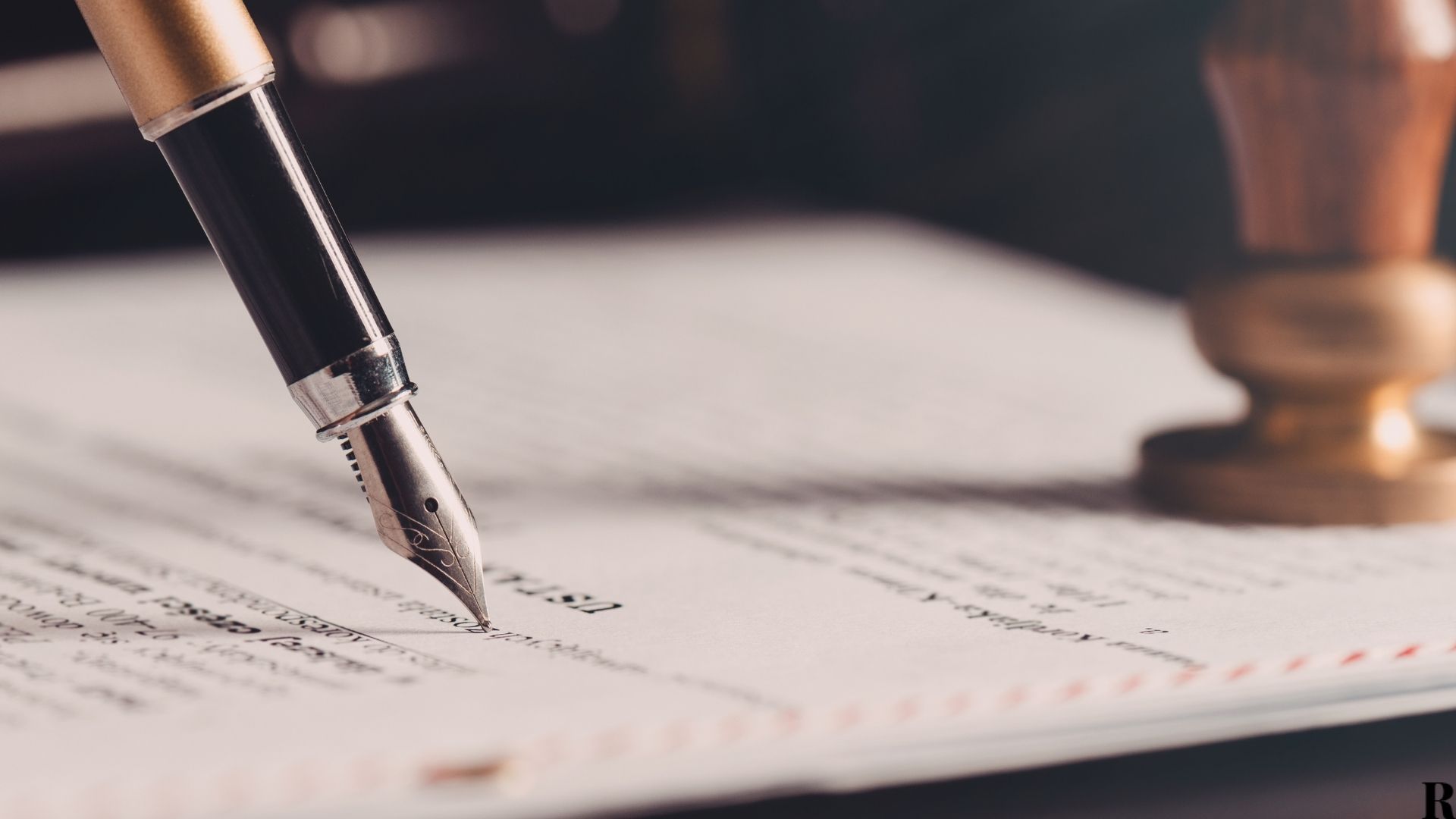Experienced Conveyancer: Navigating Residential Property Transfers with Competence
Experienced Conveyancer: Navigating Residential Property Transfers with Competence
Blog Article
Demystifying Notarial Job: Streamlining the Duty and Significance of Notaries
In the complex web of lawful paperwork and verification, notaries stand as pillars of guarantee and credibility. Their duty, typically shrouded in secret for several, lugs significant weight in ensuring the validity and honesty of essential files. As guardians of legality and truth, notaries play a critical component in our society, yet their work is not always fully recognized. By unraveling the complexities surrounding notarial practices and dropping light on the value of their acts, a more clear understanding arises of the crucial function notaries play in upholding the material of contractual and legal agreements.
The History of Notarial Work
How did notarial job progress in time to become an essential component of lawful and service deals? The history of notarial job dates back to ancient worlds, where scribes played an important role in taping vital info and confirming papers. As societies advanced, the requirement for a more formalized system to ensure the legitimacy of contracts occurred. This resulted in the development of notaries, people appointed by the state to work as impartial witnesses in lawful matters.
During the Middle Ages, notaries got prominence in Europe, with their functions increasing to include drafting lawful papers, certifying trademarks, and maintaining records. The increase of worldwide profession even more stressed the significance of notarial work in validating contracts and arrangements across boundaries.
In the modern-day era, notaries remain to play an important role in legal and service purchases by validating identifications, verifying the credibility of documents, and protecting against fraud. Their function in accrediting the legitimacy of agreements includes a layer of safety and trust to the ever-evolving landscape of business and law.

Tasks and Duties of Notaries
Notaries play an essential function in confirming the authenticity of records and the identity of notaries. One of their key obligations is to witness the finalizing of important files, such as wills, acts, and contracts, to guarantee that all celebrations are entering right into agreements intentionally and willingly.
They certify duplicates of initial records, offering assurance to organizations that the copies are real replicas of the originals. Overall, the responsibilities and responsibilities of notaries are vital in guarding the honesty and validity of numerous papers and purchases - DIRCO.
Notarial Certificates and Signatures
Exhibiting thorough interest to detail, notarial certificates and trademarks work as browse around this web-site crucial parts in confirming the authenticity of legal files. Notarial certificates typically contain vital details such as the date of notarization, the names of the signatures, a summary of the record, and the notary's official seal. These certificates provide a clear document of the notarial act, making sure that the paper can be quickly determined and mapped back to the notary that supervised the process.
Trademarks play an essential role in notarial job, look at this site as they signify the agreement and authorization of the celebrations involved. Notaries meticulously witness the signing of documents to confirm the identification of the notaries and confirm that they are signing of their own cost-free will. By affixing their official seal and trademark to the paper, notaries accredit that the essential procedures have actually been adhered to and that the file is enforceable and valid.
Fundamentally, notarial certifications and signatures are the trademark of authenticity in legal purchases, offering assurance to all parties included that the records are genuine and binding.
Importance of Notarial Acts

Notarization Process Described
Describing the notarization process provides clarity on the necessary steps associated with validating lawful records. The notarization process typically begins with the private presenting the document to a notary public. The notary then validates the signer's identity through acceptable recognition methods. When the identity is confirmed, the notary guarantees that the specific signing the document does so willingly and without any coercion.

Final Thought

Notarial certifications usually have important info such as the date anonymous of registration, the names of the signatures, a description of the paper, and the notary's main seal. These certifications offer a clear document of the notarial act, ensuring that the document can be quickly determined and mapped back to the notary who managed the procedure.
By attaching their official seal and trademark to the paper, notaries accredit that the essential procedures have been adhered to and that the file is enforceable and valid.
By confirming the identity of the signatories, confirming their readiness to get in right into the contract, and certifying the date and area of the finalizing, notaries play a vital role in upholding the credibility of legal files.After the document is signed, the notary will affix their official seal or stamp onto the record.
Report this page